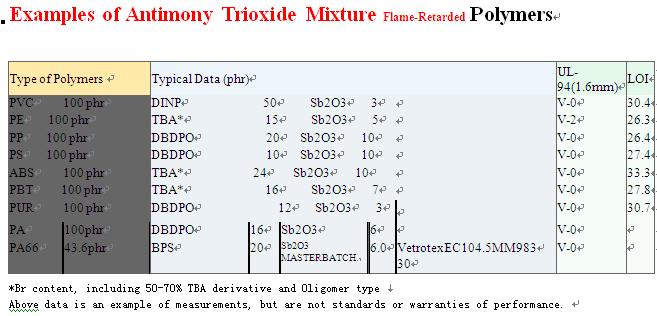Wednesday, January 10, 2007
Bolivia looks to raise mining taxes sixfold
Bolivia plans to raise the taxes paid by mining companies by almost 600% in a shake-up of the industry set to be announced in the coming weeks.
Mining Minister Guillermo Dalence was quoted in Bolivian daily newspaper La Razon as saying that the leftist government of President Evo Morales received only US$45 million of ‘Impuesto Complementario a la Minería’ (ICM) tax on mining exports totalling US$1 billion in 2006.
“That’s a ludicrous amount taking into account that these are not renewable resources. If in 2007 we were to export US$1 billion worth of minerals again, the state should receive at least US$300 million,” Minister Dalence was quoted as saying in a report by Reuters.
The tax increase is part of a new mining policy Minister Dalence is due to announce before the end of January, La Razon said.
President Evo Morales nationalised Bolivia’s energy industry in May 2006, and officials have repeatedly said they wanted to reform the mining industry through the Nueva Politica Minero Metalurgica and were considering tax rises.
This is an alternative to earlier threats by President Morales to nationalise Bolivia’s mining sector, which was later dropped in October because of a lack of funding to manage such a programme.
The government has organised several workshops and seminars in January so officials from state-owned mining company Comibol, representatives of mining cooperatives, and experts can take part in shaping the new mining policy.
The plan aims to revitalise state-owned operations and modernise Bolivia’s dilapidated mining industry, which has significant deposits of tin, zinc, wolfram, lead, silver and gold.
The new mining policy aims to expand smelting capacity at Comibol facilities, and also implement a new royalty system of taxation with several minerals added under the taxation systems.
US-based mining companies Apex Silver Mines Ltd and Coeur d’Alene Mines Corp are expected to start production on two large-scale mining projects in the South American country this year, although these projects could be in the balance if the new tax regime comes into force.
In October, Bolivian miners clashed with police in the Western town of Huanini, home to the country’s largest tin mine, in a dispute between mining cooperatives and Comibol, leading the governement to pledge investment of up to US$100 million to protect the rights of cooperative workers.
消息來源
Mining Minister Guillermo Dalence was quoted in Bolivian daily newspaper La Razon as saying that the leftist government of President Evo Morales received only US$45 million of ‘Impuesto Complementario a la Minería’ (ICM) tax on mining exports totalling US$1 billion in 2006.
“That’s a ludicrous amount taking into account that these are not renewable resources. If in 2007 we were to export US$1 billion worth of minerals again, the state should receive at least US$300 million,” Minister Dalence was quoted as saying in a report by Reuters.
The tax increase is part of a new mining policy Minister Dalence is due to announce before the end of January, La Razon said.
President Evo Morales nationalised Bolivia’s energy industry in May 2006, and officials have repeatedly said they wanted to reform the mining industry through the Nueva Politica Minero Metalurgica and were considering tax rises.
This is an alternative to earlier threats by President Morales to nationalise Bolivia’s mining sector, which was later dropped in October because of a lack of funding to manage such a programme.
The government has organised several workshops and seminars in January so officials from state-owned mining company Comibol, representatives of mining cooperatives, and experts can take part in shaping the new mining policy.
The plan aims to revitalise state-owned operations and modernise Bolivia’s dilapidated mining industry, which has significant deposits of tin, zinc, wolfram, lead, silver and gold.
The new mining policy aims to expand smelting capacity at Comibol facilities, and also implement a new royalty system of taxation with several minerals added under the taxation systems.
US-based mining companies Apex Silver Mines Ltd and Coeur d’Alene Mines Corp are expected to start production on two large-scale mining projects in the South American country this year, although these projects could be in the balance if the new tax regime comes into force.
In October, Bolivian miners clashed with police in the Western town of Huanini, home to the country’s largest tin mine, in a dispute between mining cooperatives and Comibol, leading the governement to pledge investment of up to US$100 million to protect the rights of cooperative workers.
消息來源
Subscribe to:
Post Comments (Atom)
Examples of Antimony Trioxide Mixture Flame-Retarded Polymers








0 comment:
Post a Comment